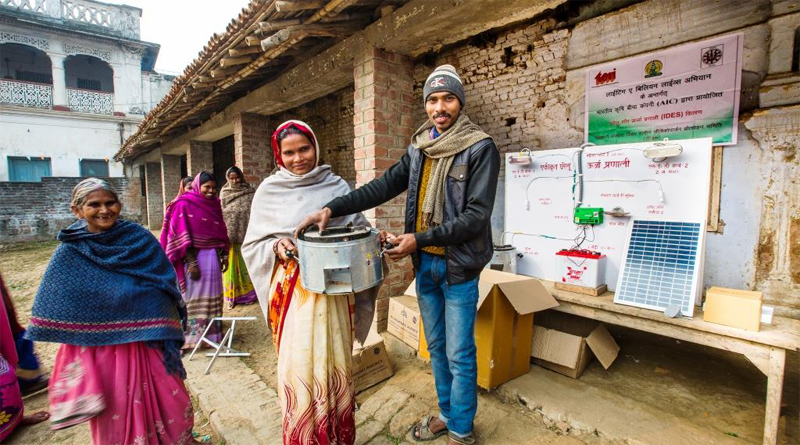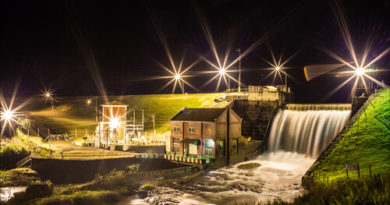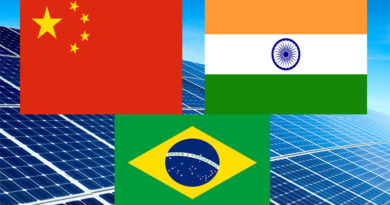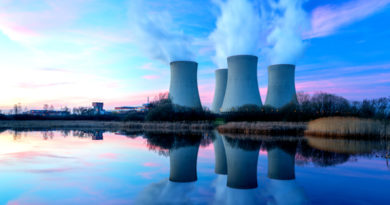TERI Provided 50,000 Solar Home Lighting Systems to Bihar Households

The Energy and Resources Institute (TERI) through their partnership with the JEEViKA program, an initiate of the Bihar Rural Livelihoods Promotion Society’s (BRLPS), has made clean energy products accessible and affordable to local women-based self-help groups (SHGs).
The @labl_teri & @brlps_jeevika programme has provided access to solar home lighting systems and clean cooking stoves to over 50,000 households across Bihar, @ttindia reports. Read full story here: https://t.co/Z3ojF304OJ @Power4All2025 #SDG7 #PowerForAll
— TERI (@teriin) July 19, 2018
The program was so initiated to fall in line with the governments’ vision and efforts of enriching the livelihoods of every family in the country. By aiming to provide a reliable and continuous supply of electricity and this Public Private Partnership model, aims to achieve just that in the state of Bihar. For the project, 60 percent of the funds are supported by the savings of the SHGs of the JEEViKA program, and the remaining 40 percent are mobilized by TERI through grants and CSR funds.
Bijendra Prasad Yadav, Minister for Energy in the government of Bihar, said, “Surveys show Bihar has a high potential for non-conventional energy. We need new thinking and new approaches to this. There should be a survey on how we can generate solar power even in flood-prone areas of Bihar, and find out future possibilities that are realistic, keeping geographical considerations in mind.”
The TERI-JEEViKA partnership operates on an entrepreneurial model of energy service delivery in which TERI has trained and mentored around 20 energy entrepreneurs who procure the solar home systems and clean cookstoves from accredited manufacturers, install them at households, and ensure maintenance with the support of a network of around 300 solar technicians. So far, the program has supposedly benefitted just over 50,000 households across the state by providing access to Solar Home Lighting Systems (SHLS) and clean cookstoves.
The program in its first phase identified and provided the products in the following 5 districts of Gaya, Khagariya, Madhubani, Purnia and West Champaran districts. All of which suffer from an erratic grid power supply, Purnia alone had 28,261 beneficiaries from the program.
Dr. Ajay Mathur, the director general at TERI, said, “The TERI-JEEViKA project demonstrates that a strong decentralized model, which brings together the state government agency, local communities and the private sector, can plug the energy gap that exists even in grid-connected villages. Distributed renewable energy, combined with the grid, provides reliable and quality electricity supply to rural communities, while also providing voltage stability at the end of the grid.”
Bihar is one of the least developed states in the country when it comes to renewable energy. A region which still has shoddy grid connections which can’t even source energy from non-renewable sources to all its people, one of the key reasons why an initiative like this has really caught on. The state needs to wake up and witness and participate in the rise of green energy.
Unfortunately, Iamrenew could not get access to information on the amounts involved in this project, which would certainly have placed things in better perspective. We hope to do that, and bring you the full picture, as soon as we can.
copyright:iamrenew.com




